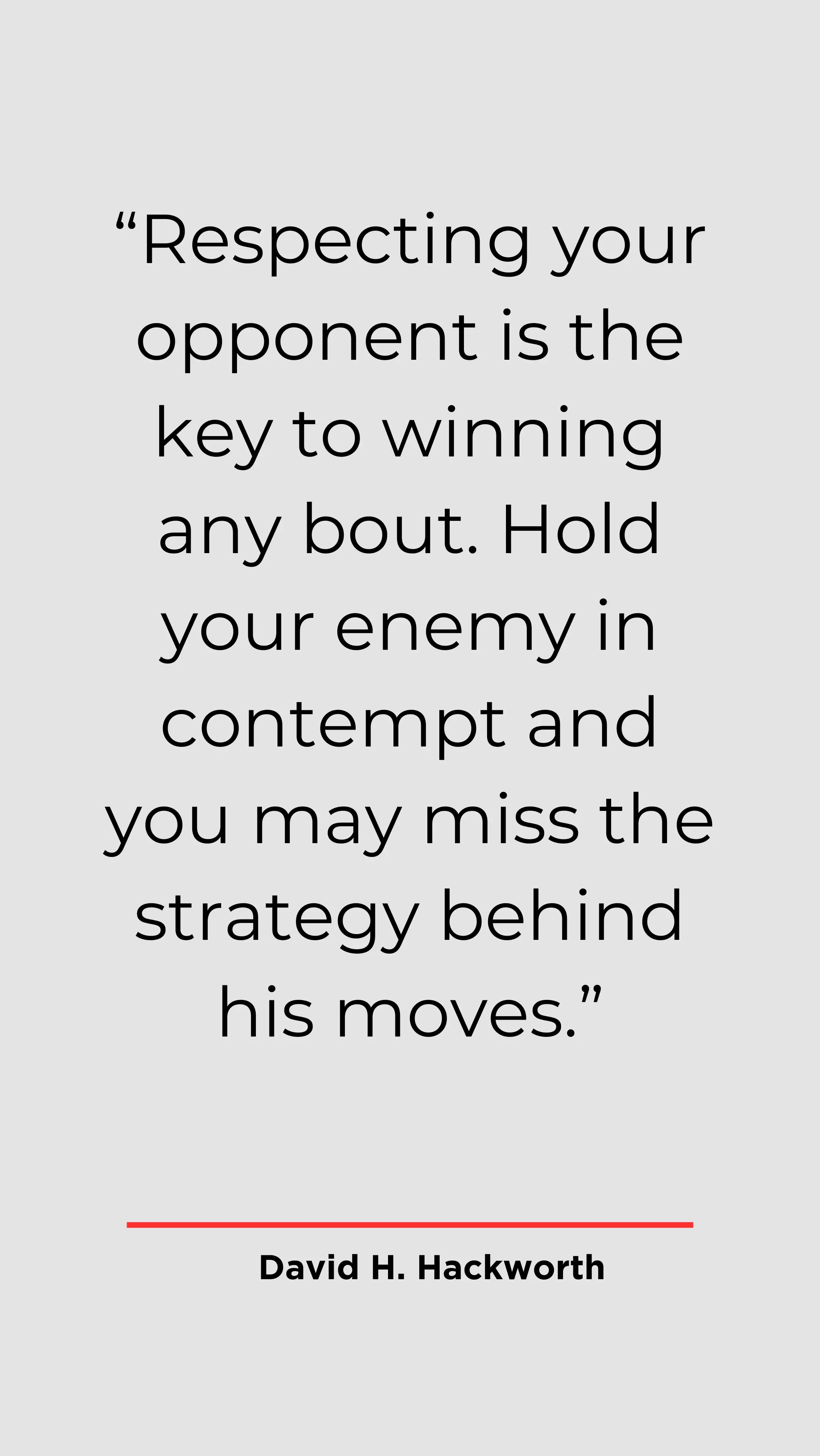In the annals of military history, few figures are as legendary and influential as David Hackworth. A soldier, leader, author, and warrior, Hackworth left an indelible mark on the United States Army and its approach to combat. His life story is a testament to courage, dedication, and an unyielding commitment to the principles he believed in.
Hackworth’s journey through the tumultuous landscape of 20th-century warfare shaped his character and profoundly impacted the way modern military leaders and strategists view the art of war and leadership.
Early Life and Military Beginnings
David Haskell Hackworth was born in Los Angeles, California, on November 11, 1930. Raised in a military family, he was no stranger to discipline and patriotism. His father, a World War I Veteran, instilled in him a sense of duty and honour that would shape his future.
At 15, Hackworth forged his birthdate to enlist in the United States Army, beginning a lifelong journey to see him rise through the ranks and become a true American hero. This early determination and audacious spirit indicated the extraordinary path ahead for this remarkable individual.
Korea: The Making of a Warrior
The Korean War, often referred to as the “Forgotten War,” provided the crucible in which David Hackworth’s mettle as a warrior was forged. Amidst the harsh terrain and bitter cold of the Korean Peninsula, Hackworth faced the brutal realities of combat.
His experiences there not only tested his physical and mental strength but also revealed his natural talent for leadership.
Hackworth’s courage under fire and innate tactical instincts set him apart from his peers. His fellow soldiers admired his ability to remain composed in the chaos of battle, and his superiors quickly recognized his leadership potential.
During this tumultuous time, Hackworth’s unwavering dedication to his comrades and his country became evident, driving him to seek every opportunity to improve his skills and knowledge as a soldier.
His relentless pursuit of excellence paid off. He earned a battlefield commission, a remarkable achievement demonstrating his officer competence. This promotion marked the beginning of a new chapter in his military career.
One that would see him ascend through the ranks and play a pivotal role in shaping the future of the United States Army. David Hackworth was no longer just a soldier but a leader destined for greatness on the battlefield.
Vietnam: A Turning Point
It was in Vietnam that Hackworth’s name became synonymous with excellence in combat leadership. He was one of the earliest advisors to the South Vietnamese Army and soon found himself at the forefront of some of the war’s most intense battles.
David’s style was unconventional but effective. Therefore, it emphasized decentralized command and a deep sense of responsibility for his men.
Hackworth’s leadership and combat prowess earned him numerous awards and decorations. They include two Distinguished Service Crosses, ten Silver Stars, and eight Bronze Stars. However, it was his dedication to his troops that set him apart.
He earned a reputation for personally leading patrols, spending nights in the jungle with his men, and always positioning himself at the front when the bullets flew.
Critiquing the Brass: Hackworth’s Bold Stance
David Hackworth’s influence on the American military went well beyond the battlefield. He was a vocal opponent of the military’s leadership during the Vietnam War for what he saw to be its flaws. His thoughts on the mishandling of the war and the top officers’ inability to adjust to the unusual character of the battle were well-documented in his book, “About Face: The Odyssey of an American“.
“About Face” is a candid and scathing critique of the U.S. Army’s leadership during the Vietnam War. Hackworth pulled no punches, exposing the bureaucratic and careerist mindset that he believed hampered the effectiveness of American forces. The book became a bestseller and led to significant reforms within the military. It included changes in leadership development and training.
In addition to his literary contributions, Hackworth was a prominent commentator on military affairs, often appearing on television and in print to offer his insights. He continued to advocate for the welfare of soldiers and Veterans. Moreover, he fought for better equipment, training, and care for those who served their country.
Honoring David Hackworth: A Legacy of Duty and Selfless Service
David Hackworth’s passing on May 4, 2005, marked the end of an era, but his legacy is a testament to his enduring influence on the military community. His commitment to duty, honour, and selfless service is a guiding light for generations of soldiers. It also motivated leaders who continue to draw inspiration from his remarkable journey.
His impact on the U.S. military is immeasurable. Moreover, Hackworth’s contributions to the study of warfare and leadership remain as relevant today as they were during his time. As we contemplate David Hackworth’s life and legacy, we recall his indomitable spirit. He will forever inspire those who strive for excellence in the service of their nation.

The Literary Legacy and Impact of David Hackworth
David Hackworth’s legacy is that of a true American hero, a warrior whose life was dedicated to the service of his country and the well-being of his fellow soldiers. Hackworth’s unwavering commitment to duty and fearless leadership set an example that resonates within the U.S. military.
His firsthand experiences in both conflicts, where he faced the horrors and challenges of war, gave him a unique perspective. This perspective and his fearless outspokenness allowed him to identify critical flaws within the military establishment during the Vietnam War. His critiques were not just words on a page. It is also a call to action, urging the military to adapt and improve.
Hackworth’s literary contributions, particularly “About Face,” will forever be etched in the annals of military literature.
The impact of this work reached far beyond its bestseller status; it sparked significant reforms within the military, prompting changes in leadership development, training, and the way the military approached unconventional warfare.




